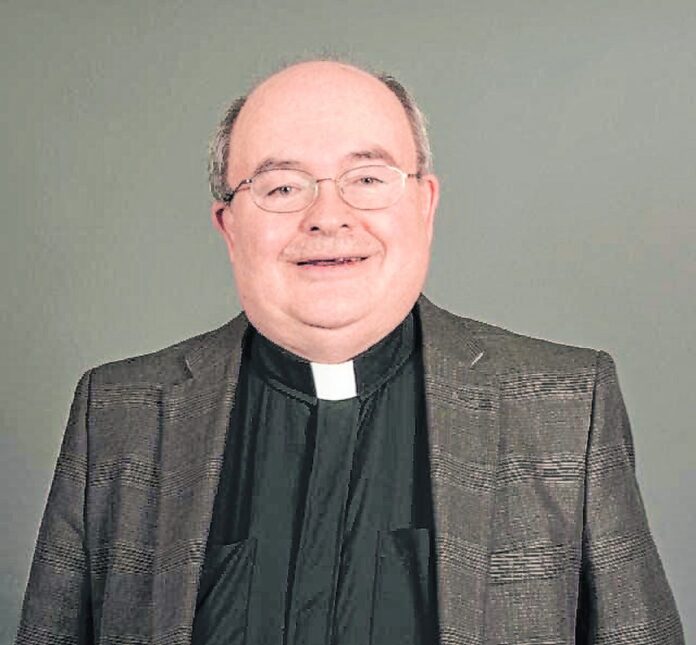She was angry.
“Thanksgiving? How in the world can we celebrate Thanksgiving with all the negativity that surrounds us?”
I was overhearing this woman near a local grocery store. Her question is a good one. Her question is an important one. How in the world can we celebrate Thanksgiving with all the trouble in our society and in the wider world?
Yet, the Christian faith gives us reason to celebrate. Our faith encourages us to be “thankful” in all circumstances.
The Apostle Paul experienced persecution. He saw more trouble and disaster than most of us have seen in our lives. And yet, Paul writes in Philippians: “Rejoice in the Lord, always. And again I say: Rejoice!”
As a survivor of a rare form of blood cancer, I have had to ponder the viability of giving thanks — the importance of gratitude. I often think of the advice of Dr. Robert Schuller: “Don’t spend a lot of time focused on what you have lost. Instead, focus on what you have left.”
Dr. Schuller’s advice was just another way of saying: “Count your blessings.”
In childhood, I learned a song which comes in handy as an adult:
“Count your blessings. Name them one by one. Count your many blessings; see what God has done.”
Those words might seem trite or even boring, but I need the reminder.
In the middle of trouble, I often complain. In the middle of tribulation, I feel anger. In the middle of crises, my blood pressure goes up while my mood goes down and I get depressed.
However, I often remember that little childhood jingle: “Count your blessings. Name them one by one.”
I recall being in an isolation room in the local hospital. One of my first thoughts, while there, was how much I missed being able to walk freely and join loved ones in the simple pleasures of life.
When you are suddenly unable to engage in simple pleasures like walking and joining loved ones and friends in a social gathering, you begin to realize how blessed it feels to have the freedom for those simple things.
As I lay in the hospital bed, I began to count all the blessings I was missing. It was a good education in “Count Your Blessings.”
As you read this, I’m sure some of you are saying: “Yes! That’s how my family and I have experienced the ongoing COVID-19 crisis. We now realize how easily we take the great gifts of life for granted.”
It is a terrible time. It is a challenging time; but it is a good education in “Count Your Blessings.”
How did my time undergoing chemotherapy and my stay in a hospital isolation unit alter my attitudes and change my behavior? I see the difference in dozens of everyday experiences.
I will share one example.
I was on one of my frequent walks from our house to the walking trail near the hospital. I suddenly began to express gratitude.
I spoke to the Lord and said, “I am so grateful for the ability to walk. I am grateful for the ability to breathe. I am grateful for the clean air I breathe. I am grateful for having good enough sight to see the birds and the squirrels. Lord, I am sorry for all the things I so often take for granted.”
When we consider the good things in life that can easily “go missing,” it is worth pondering how many pieces of “the good life” are missing in the lives of others. In what ways can being thankful for the many gifts in life lead me to showing compassion for those for whom many of these blessings are missing? In other words, our feelings of gratitude can lead to social ethics, showing love for our neighbor.
This coming week, we approach Thanksgiving Day. There are plenty of things about which we could easily complain. There are many things that make us angry, but let’s remember the things we take for granted.
At the risk of being overly simplistic, at the risk of being accused of naïveté, at the risk of looking “stupid,” let’s remember. Remember this little jingle. If we haven’t sung it in years, let’s teach it to our children and grandchildren.
“Count your blessings. Name them one by one. Count your many blessings. See what God has done.”





